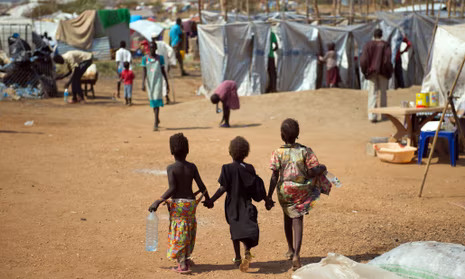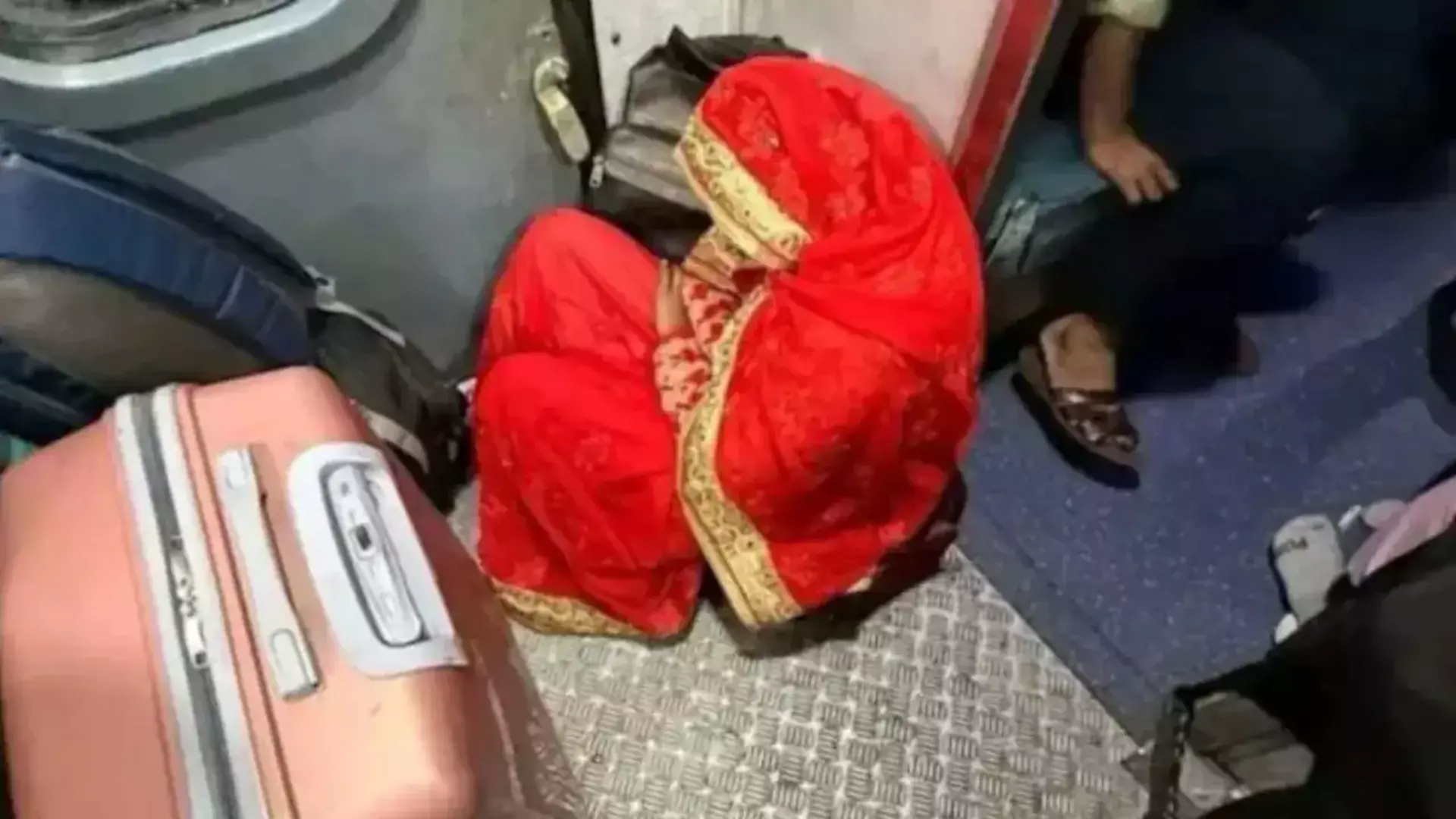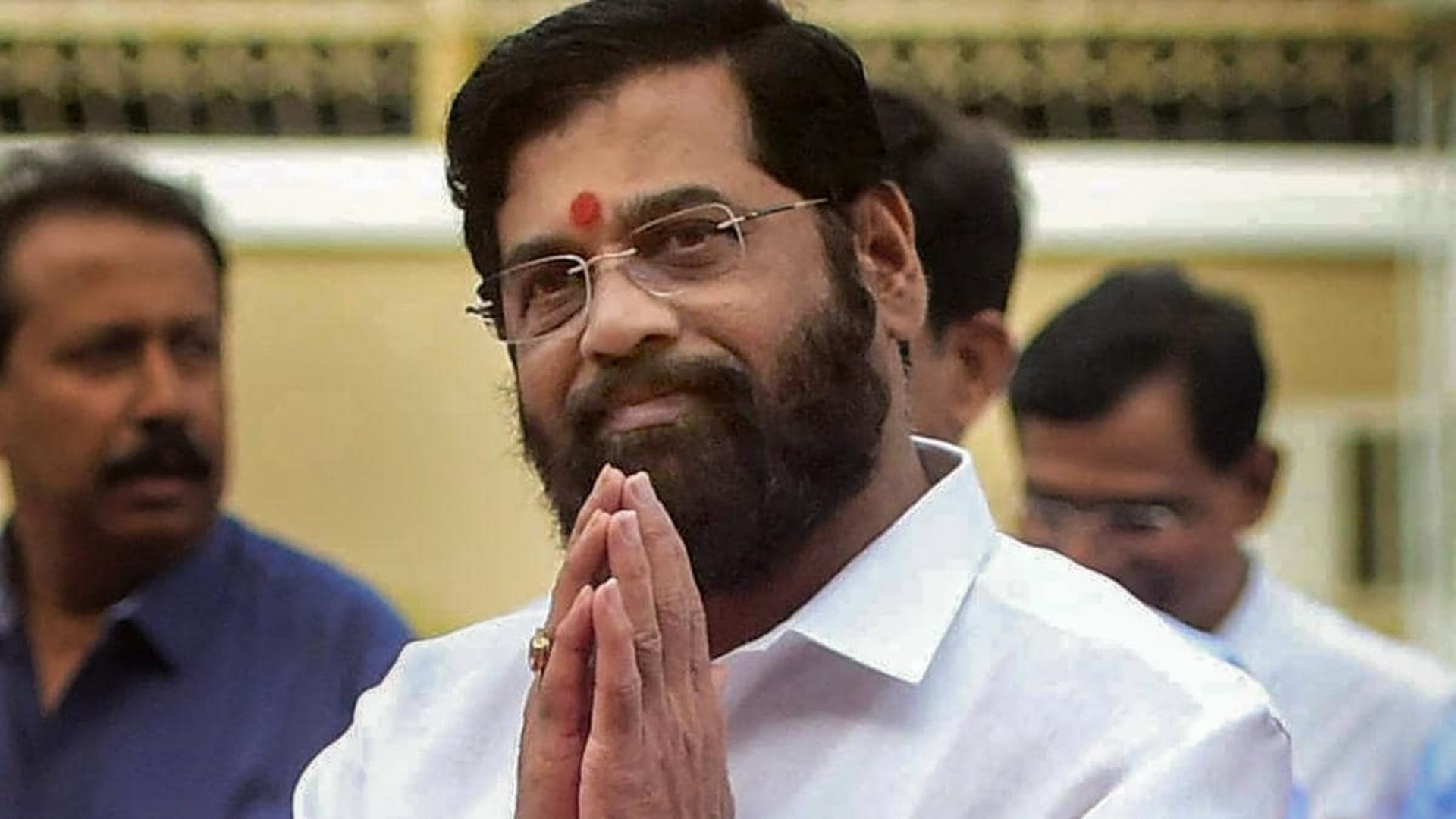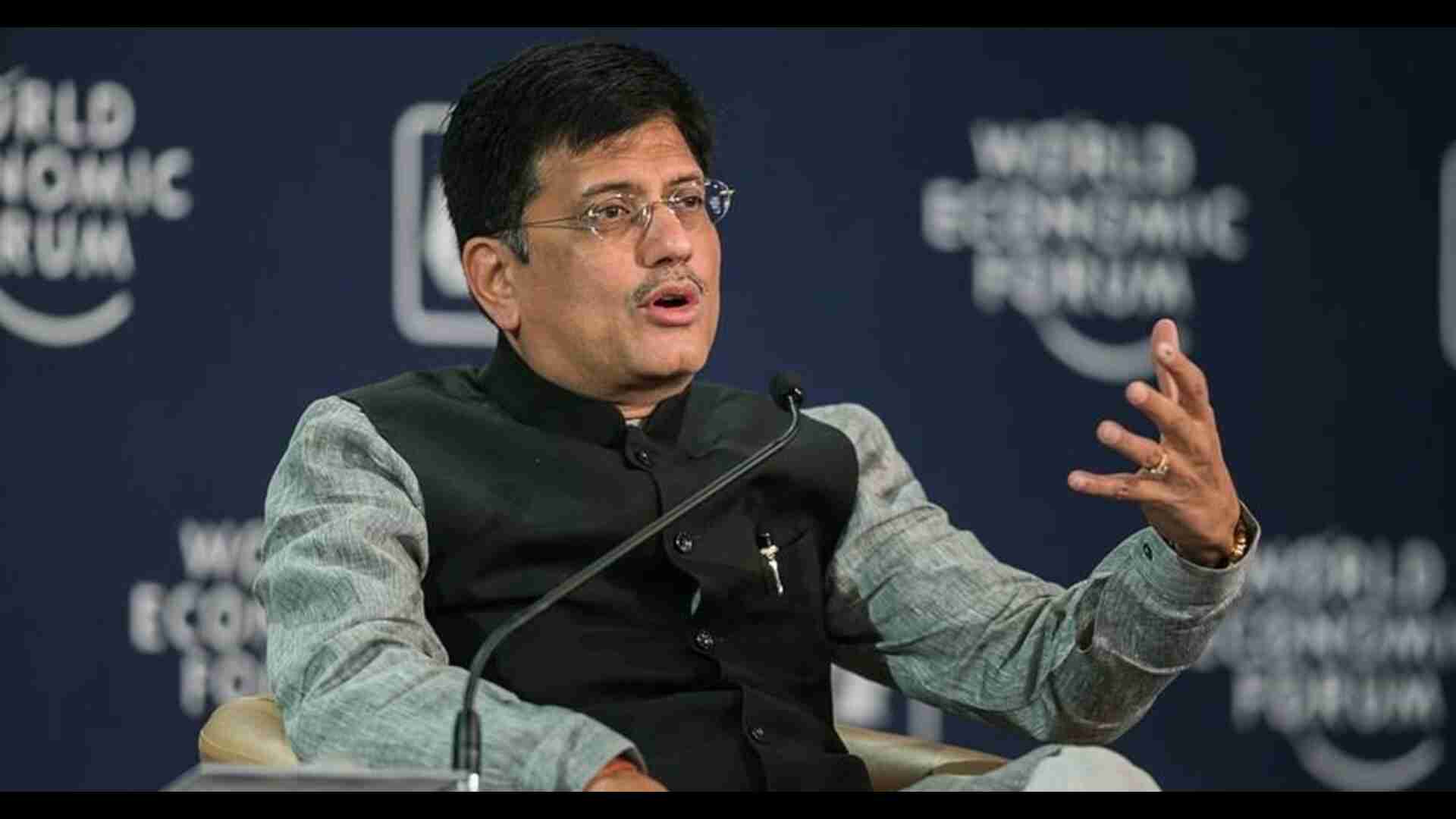
According to 25 of the UDHR which speaks about broad spectrum of rights, including the rights to adequate food, water, sanitation, clothing, housing, and medical care. It also covers social protection for circumstances beyond one’s control, such as disability, widowhood, unemployment, and old age. These rights are recognized as fundamental for survival in almost every country. However, these basic rights are at risk for individuals in conflict zones. The current situation between Israel and Palestine is a pertinent example. This article is not about assigning blame, but about advocating for humanity.
In regions affected by war, people face severe shortages of water and food. Access to safe water is often compromised due to damaged infrastructure, deteriorating pipelines, and dangerous water collection conditions. The lack of safe water leads to widespread illness among children, dysfunction in schools and hospitals, and the spread of disease and malnutrition, representing a gross violation of human rights on an international level.
Reports show that over 400 million children reside in conflict-affected regions, where attacks on water systems have severe consequences. These attacks force children to depend on contaminated water, elevating their disease risk. In these zones, both targeted and random attacks obliterate water infrastructure, injure workers, and interrupt power supplies vital for water systems. The danger of unsafe water can rival that of armed conflict. Children under fifteen in these areas face almost triple the likelihood of dying from water-related diseases than from violence. For children under five, the threat is even graver-they are over twenty times more likely to die from diarrheal diseases due to unsafe water and sanitation than from direct violence. Additionally, individuals in unstable regions are twice as likely to lack access to safe drinking water and basic hygiene facilities.
With the increasing number of conflicts and urban warfare worldwide, access to water has become one of the main humanitarian issues, further exacerbated by climate change. As per Gilles Carbonnier, vice-president of the International Committee of the Red Cross (ICRC), in the ninth World Water Forum in Dakar said that “We need to innovate and develop new partnerships to respond”.
Now because of these rising issues on 24th May, 2018, for the first time the UN Security Council unanimously passed a resolution condemning the use of food insecurity and starvation as tactics of war. This resolution, the first of its kind, recognized the threat to the lives of tens of millions of people. It urged all parties in international or civil conflicts to leave food stocks, farms, markets, and other distribution mechanisms intact and to allow humanitarian aid workers unimpeded access to populations in dire need. The resolution also stated that “using starvation of civilians as a method of warfare may constitute a war crime.”
Throughout history, warfare has frequently employed strategies aimed at depriving enemy forces or civilians of essential resources. During the American Civil War, Union troops operated under the Lieber Code, permitting them to “deprive the hostile belligerent, whether armed or unarmed, of subsistence.” In World War II, Nazi Germany’s “Hunger Plan” posed a threat of starvation to over 20 million people in Soviet-held territories had it been fully enacted. The siege of Leningrad (St. Petersburg) from 1941 to 1944 saw hundreds of thousands succumb to starvation. These tragic events serve as poignant reminders of the immense suffering endured. As we look back, it is crucial to learn from history’s lessons and strive to avoid repeating such atrocities in the present day.
There is a saying that “all is fair in love and war.” But is it truly fair to starve innocent children in the name of war? It does not matter which country they are from or what religion they profess; what matters is their shared humanity. If we continue to kill this young generation in the name of war, we risk ending an entire generation of a community or a tribe within a few years.
Although the severe impact of war on food and water supplies has been frequently discussed on international platforms, the pressing questions of how to stop the war and ensure access to food and water in conflict areas remain unanswered. This issue is not being raised for the first time, and it demands urgent and effective solutions.
It is very painful to watch small children dying from the scarcity of water, food, and hospital facilities in conflict areas. These innocent souls are becoming victims of war politics, and this can seriously impact their mental health even if they survive the war. It’s not about your child or my child; it’s about humanity, and we must raise our voices against war.
In today’s global world, we have seen nations join hands to combat severe pandemics like COVID-19, working together to protect their citizens from deadly diseases. The same strong determination is needed to create a peaceful world and spread humanity. Terrorism is unacceptable, but to end terrorism, we cannot kill innocent souls.
We must call on international organizations, governments, and individuals to take a stand. Support humanitarian efforts, advocate for policy changes, and raise awareness. Together, we can ensure that the rights of all children, regardless of their circumstances, are protected.
Dr. Pyali Chatterjee, HOD, Faculty of Law, ICFAI , University, Raipur, Chhattisgarh















